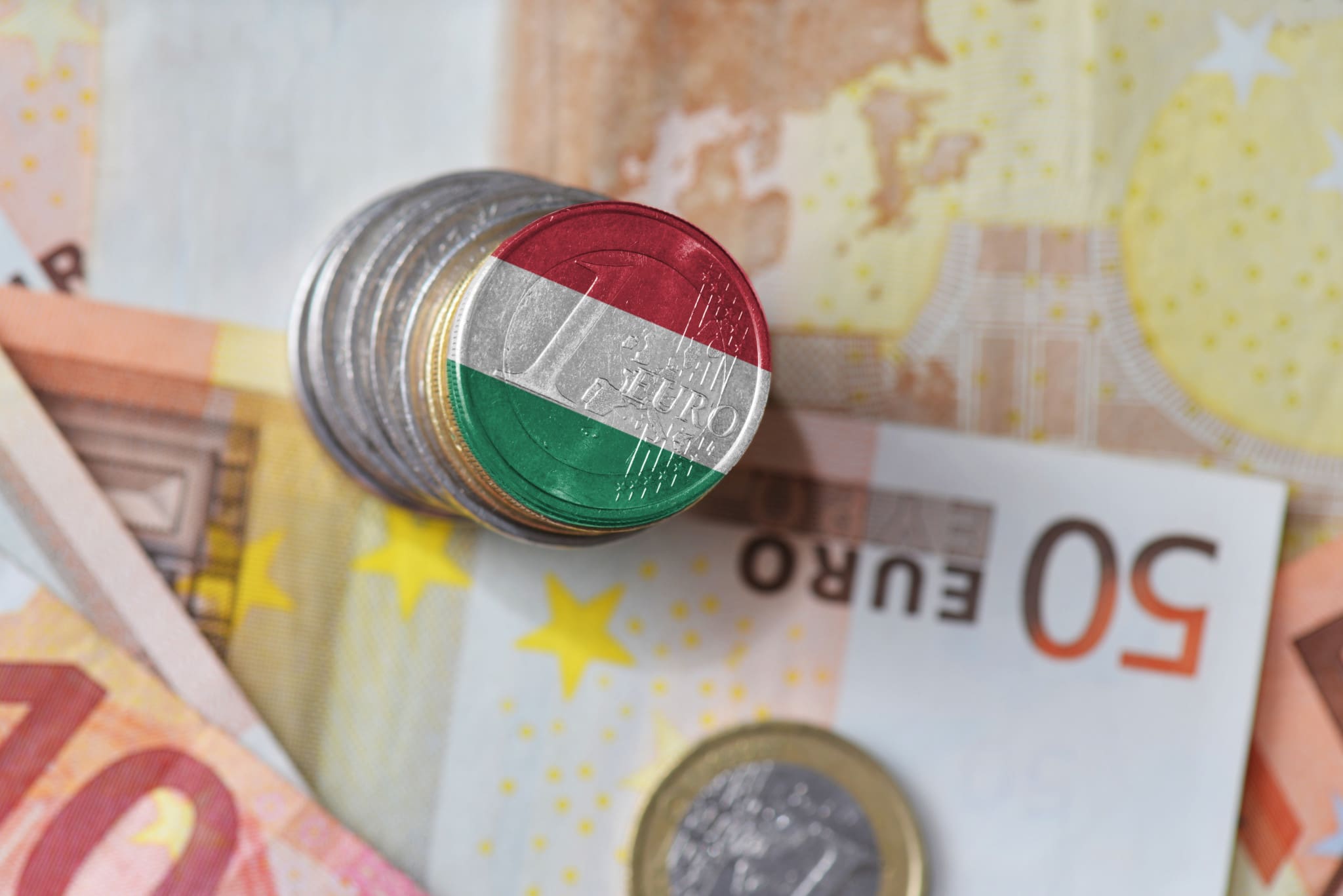Experts at the Hungarian Central Bank (MNB) now claim the disadvantages of a national currency and monetary policy outweigh the benefits of having an artificially weak currency.
This is a sharp turn in the MNB’s policy towards Hungary’s eurozone accession.
In a recent 15-page study, two ranking analysts of the MNB, András Balatoni and Gábor Dániel Soós, stated that in earlier years the artificial devaluation managed by the central bank made Hungarian goods and products more competitive in the world, as the costs incurred at home, mainly in Hungarian forints, were offset by the income received for products in foreign currency, mainly in euros.
This, however, had the unfortunate side effect of only increasing the economic competitiveness of the Hungarian economy by effectively reducing real wages, as opposed to Poland for example, most of whose competitive gains were achieved through increased productivity.
According to the MNB, the continuous depreciation of the forint in the Hungarian economy does not bring as many benefits as in previous years, which is due to the fact that, in addition to a high export ratio (exports account for 90 percent of GDP, the ninth highest in the EU), Hungary’s import ratio is 94 percent of GDP, the sixth highest in the EU. As a result, as companies producing in Hungary are also import-sensitive, i.e., strong exports still require significant imports, the weakening forint is no longer of much help to these companies, as the bulk of their costs are also incurred in foreign currency.
In recent years, the main argument in favor of keeping the forint — and the reason for the continued postponement of the otherwise mandatory euro adoption — has been that the achievement of economic policy goals is much more achievable with a single currency, since it is possible, for example, to improve competitiveness by permanently devaluing the exchange rate of a nation’s currency in the way described above.
If this is no longer effective, or even counterproductive, there is little point — at least in light of the central bank’s assessment — in Hungary remaining outside the euro area, which is much better placed to deal with external shocks than weak national currencies, including the forint, which are relatively easily exposed to hectic exchange rate movements due to speculation.
When it joined the European Union in 2004, Hungary, like all other member states, undertook in the accession treaty to introduce the euro, although there is no mandatory timeline for doing so.
The latest country to join the eurozone was Croatia, which ditched its national currency at the beginning of this year.





